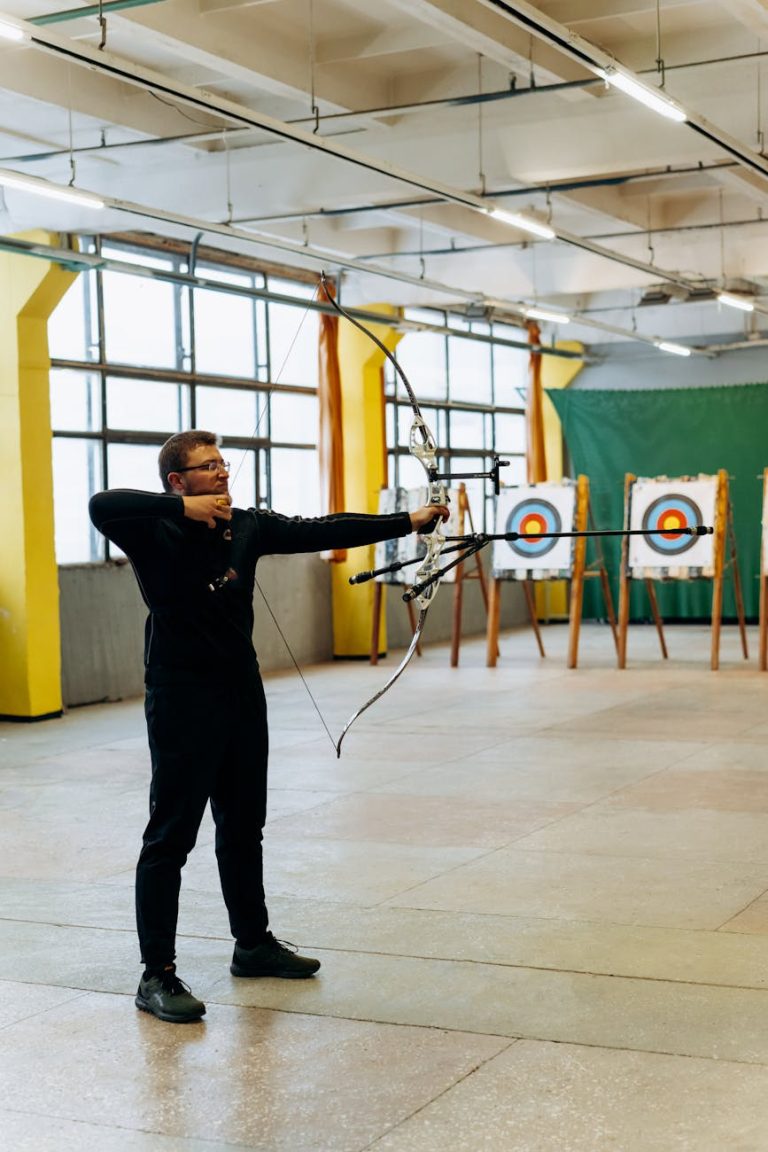
Sports nutrition plays a crucial role in the performance and success of athletes. Whether you’re a professional athlete or a fitness enthusiast, understanding the best strategies for peak performance can significantly impact your overall results. From fueling your body with the right nutrients to optimizing recovery, sports nutrition is a vital component of any athlete’s training regimen. In this article, we’ll dive into the key strategies that can help you maximize your performance and achieve your fitness goals.
Importance of Sports Nutrition
Proper sports nutrition is essential for athletes looking to enhance their performance. The food and fluids we consume play a significant role in providing the energy necessary for training, competing, and recovering. Carbohydrates, proteins, fats, vitamins, minerals, and water are all essential components of a well-rounded sports nutrition plan.
Fueling Your Performance
Carbohydrates are the body’s primary source of energy during exercise. Consuming complex carbohydrates like whole grains, fruits, and vegetables can help sustain energy levels during workouts. Additionally, incorporating lean proteins such as chicken, fish, and legumes can support muscle repair and growth. Healthy fats from sources like avocados, nuts, and seeds are also crucial for overall performance.
Hydration and Electrolyte Balance
Staying properly hydrated is key to optimizing performance and preventing dehydration. Athletes should drink water regularly throughout the day and increase fluid intake during intense exercise sessions. Electrolytes, such as sodium and potassium, play a vital role in maintaining proper fluid balance and muscle function. Consuming electrolyte-rich foods or sports drinks can help replenish these essential minerals.
Timing Your Nutrition
The timing of your meals and snacks can impact your performance significantly. Eating a balanced meal containing carbohydrates and protein 2-3 hours before exercise can provide sustained energy. During longer workouts or competitions, consuming easily digestible carbohydrates like energy gels or sports drinks can help maintain performance. After exercise, refueling with a combination of protein and carbohydrates within 30 minutes to an hour can support muscle recovery.
Supplements for Performance
While a well-rounded diet should provide most of the necessary nutrients for athletes, some supplements can enhance performance in certain circumstances. Creatine may improve explosive power in high-intensity activities, while caffeine can enhance focus and endurance. It’s essential to consult with a healthcare professional before adding any supplements to your regimen to ensure they are safe and effective for your individual needs.
Rest and Recovery
Optimizing recovery is just as crucial as fueling performance. Adequate rest, quality sleep, and active recovery techniques like stretching and foam rolling can help prevent injury and promote muscle repair. Including protein-rich snacks or a protein shake post-workout can also aid in muscle recovery and growth.
In conclusion, sports nutrition is a critical component of maximizing athletic performance and achieving fitness goals. By following a well-balanced nutrition plan that includes adequate hydration, timing your meals strategically, and prioritizing rest and recovery, you can optimize your physical performance and overall health. Remember that every athlete is unique, so it’s essential to tailor your nutrition plan to meet your individual needs and goals. By fueling your body with the right nutrients, you’ll be able to reach new levels of performance and excel in your sport.




